| Successful family-owned businesses and especially those that have multi-generations of family members working together in a family understand it’s NOT the decisions they make together, the values they choose together, and the accomplishments they make together…that carry the most weight. As one of my favorite client's like to say, "The food tastes so much better when everyone helps make it.". True. |
| Because process is so important, successful families sometimes make the assumption that whatever policies or statements they create today can be changed three years or five years or a generation from now. Some families believe that policies should have sunset clauses, perhaps extinguishing them every generation. They tell the next generation, sometimes in a preamble, “These policies are important to us and work for us, but if you just embrace them as they are, you will miss the most important part: going through the process of creating your own.” Until next time… |
|
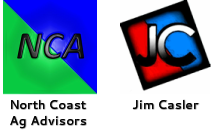
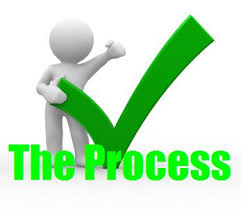


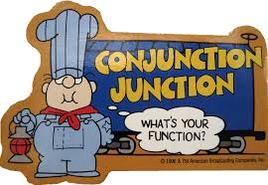
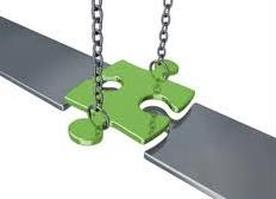
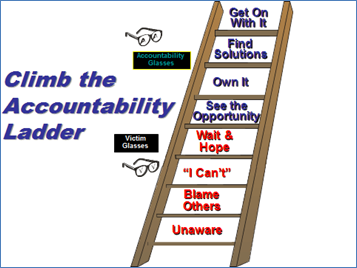
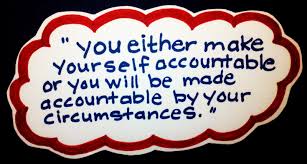

 RSS Feed
RSS Feed
